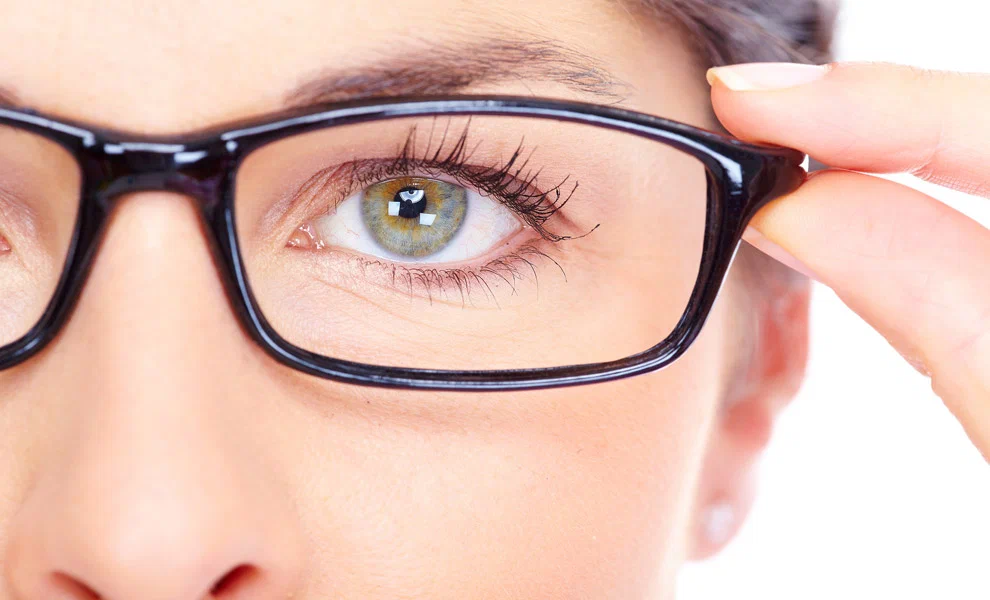The word "eyewear" refers to a universal accessory designed to improve vision, protect the eyes, or complement fashion and style, yet its terminology varies across regions, styles, and contexts. In English, terms like glasses, eyewear, spectacles, optical glasses, and sunglasses (or shades) capture the diversity of this everyday item. Let's explore their differences and regional preferences, particularly between American and British English.

“Glasses” is the most common and casual term for eyeglasses, widely used in both American and British English. It’s simple and universally understood, often the go-to word in everyday conversations.
“Eyeglasses” is more formal and primarily used in American English. It emphasizes functionality, often appearing in professional or technical discussions. In British English, this term is less frequent, with "glasses" or "spectacles" taking precedence.
In British English, “spectacles” is a traditional and somewhat formal term for glasses. It has a vintage charm, often evoking images of classic styles. In American English, this term is rarely used in casual speech but may appear in literary or historical contexts.
“Eyewear” is a broader term that encompasses all types of glasses, including prescription eyeglasses, sunglasses, and even protective goggles. It's commonly used in the fashion and retail industries in both American and British English.
“Optical glasses” refers specifically to corrective eyeglasses designed to improve vision. This term is often used in professional or industry contexts, such as optical shops or medical discussions.
Sunglasses protect the eyes from UV rays and are a must-have accessory for sunny days. The slang term shades is more commonly heard in American English, adding a casual, trendy vibe to the conversation. In British English, "sunglasses" is preferred, though "shades" is also understood.
The variety of terms for eyewear reflects the richness of the English language and the nuances of regional preferences. Whether you're discussing glasses in the U.S., spectacles in the U.K., or fashionable eyewear in global contexts, each term has its place and purpose.
Understanding these differences not only enhances your vocabulary but also helps you navigate conversations and choose the perfect expression for every occasion. So, next time you grab your sunglasses or adjust your eyeglasses, you’ll know the right term to use!